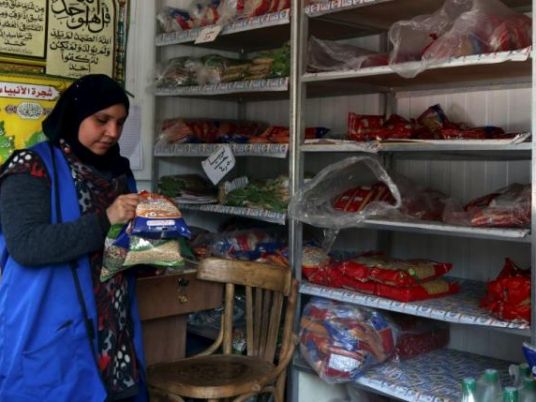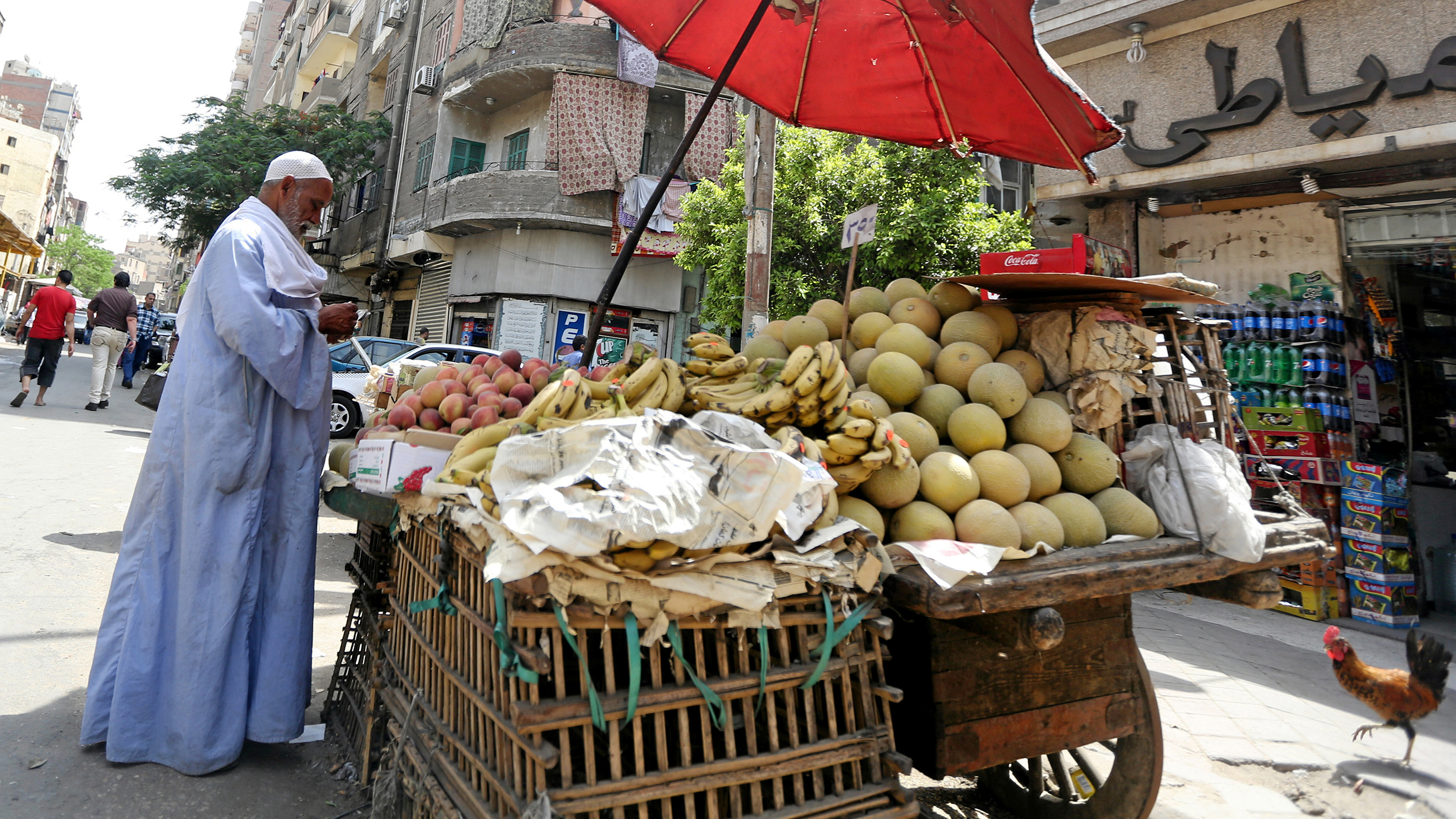The international prices of basic commodities have continued to rise, nudging close to, and in some instances surpassing, prices witnessed during the recent international financial crisis.
The price of oil has also continued to rise, but is expected to stabilize at US$130-150 per ton. This increase, along with the rise in international demand for commodities and energy, has driven up the prices of marine and air transportation.
Experts said price hikes will require increasing bread, fuel and ration card subsidies in Egypt, adding that this in turn will increase the country's budget deficit.
The price of wheat increased over the past two days, nudging close to US$400 per ton, due to the combined effects of unfavorable production conditions in wheat-producing countries, an increase in international demand and the high price of transport due to oil prices. Wheat imports will therefore be more expensive.
Nader Nour al-Din, an expert at the International Grains Council and an Agriculture Professor at Cairo University, said the current food price hikes have started to exceed the record increases of 2008.
The international price of wheat increased to US$390 per ton, up from US$310 two weeks ago.
Nour al-Din added that the prices of sugar, meat, fish, oil, wheat, pasta and other commodities have increased to levels higher than those registered in 2008.
Nour al-Din said figures concerning the amounts of wheat produced and imported previously announced by the government were falsified, adding that he expects Egyptian wheat imports to rise to 10-11 million tons this year, while local produce supplied to granaries will stand at 4 million tons.
The grains chamber of the Federation of Egyptian Industries, meanwhile, said the price of imported wheat rose by 4.5 percent this week.
Translated from the Arabic Edition.




